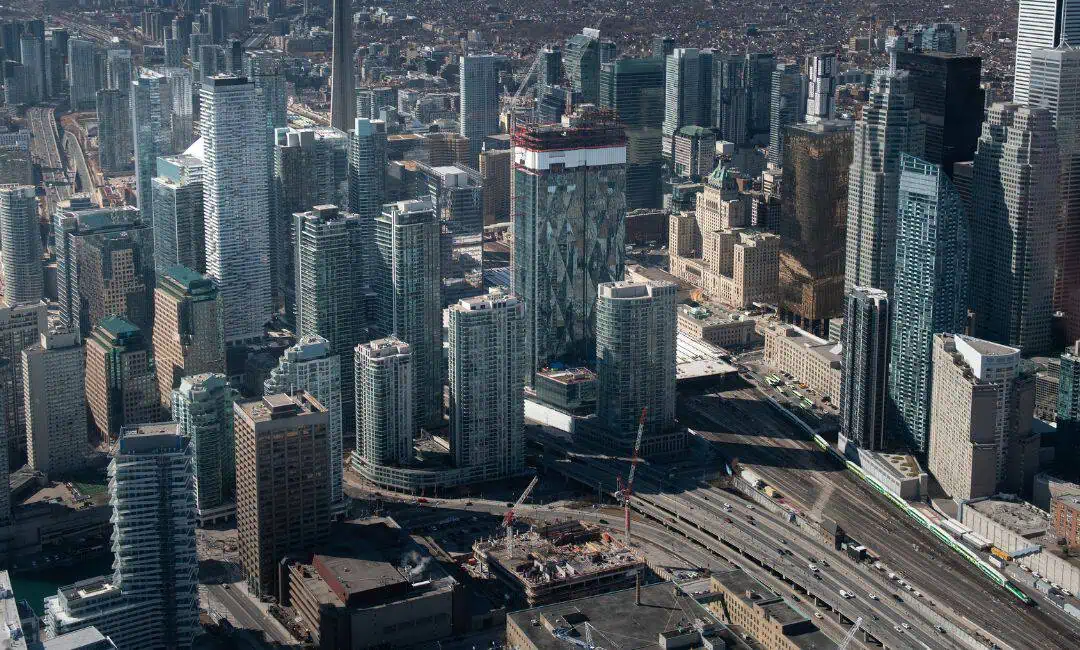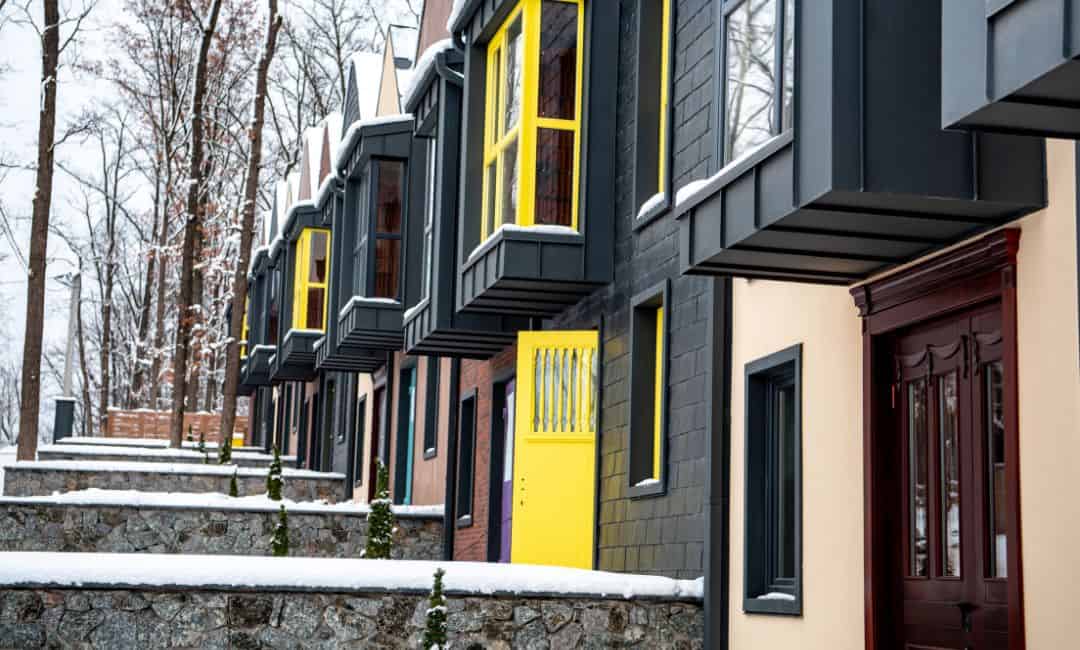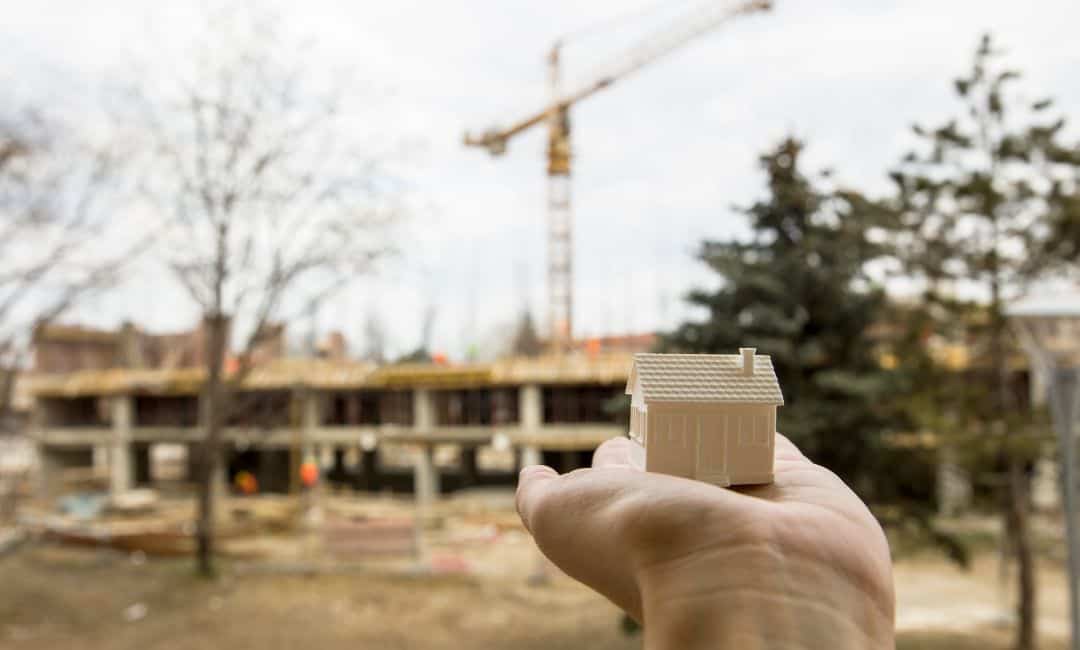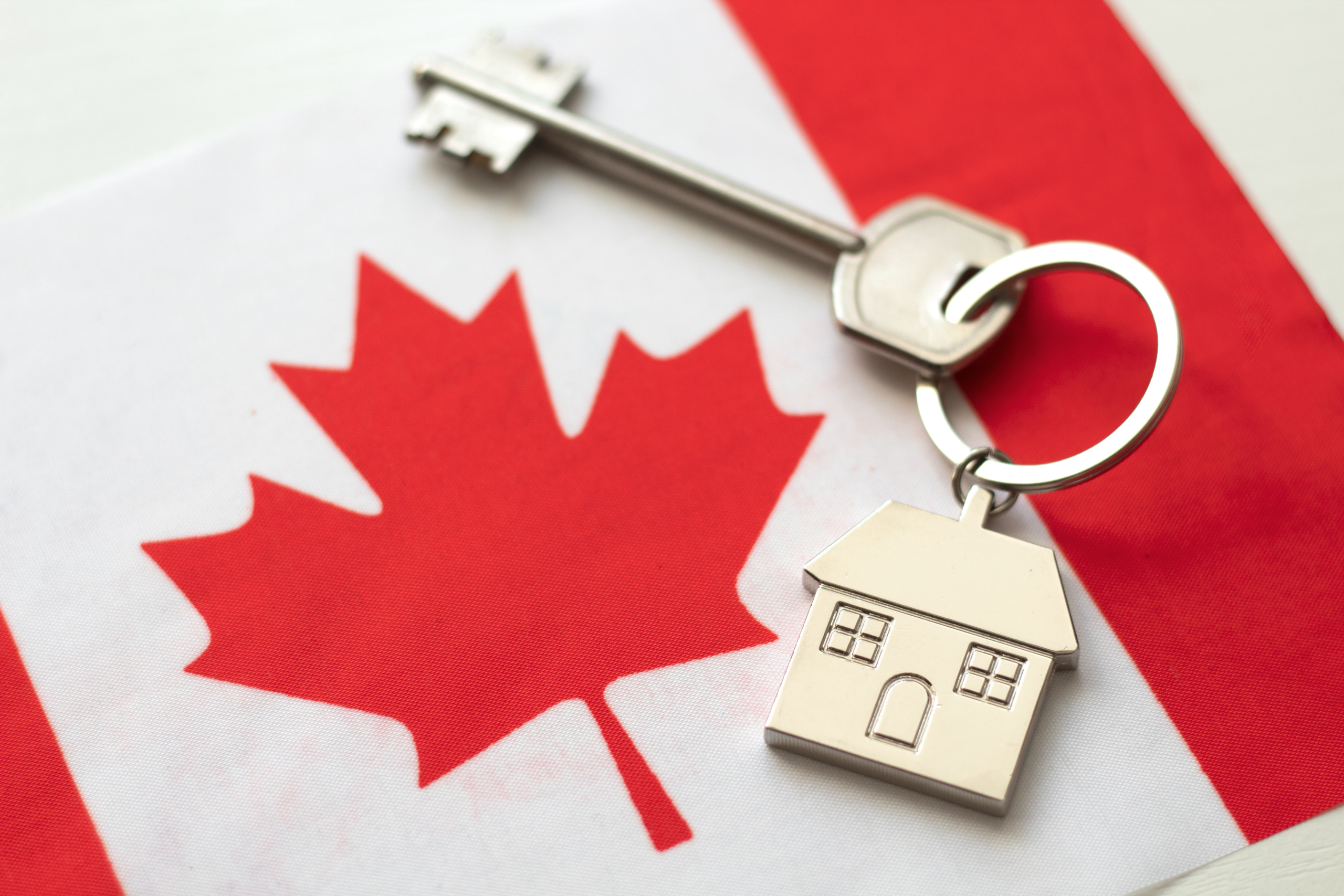The Buying Process What Should I Expect
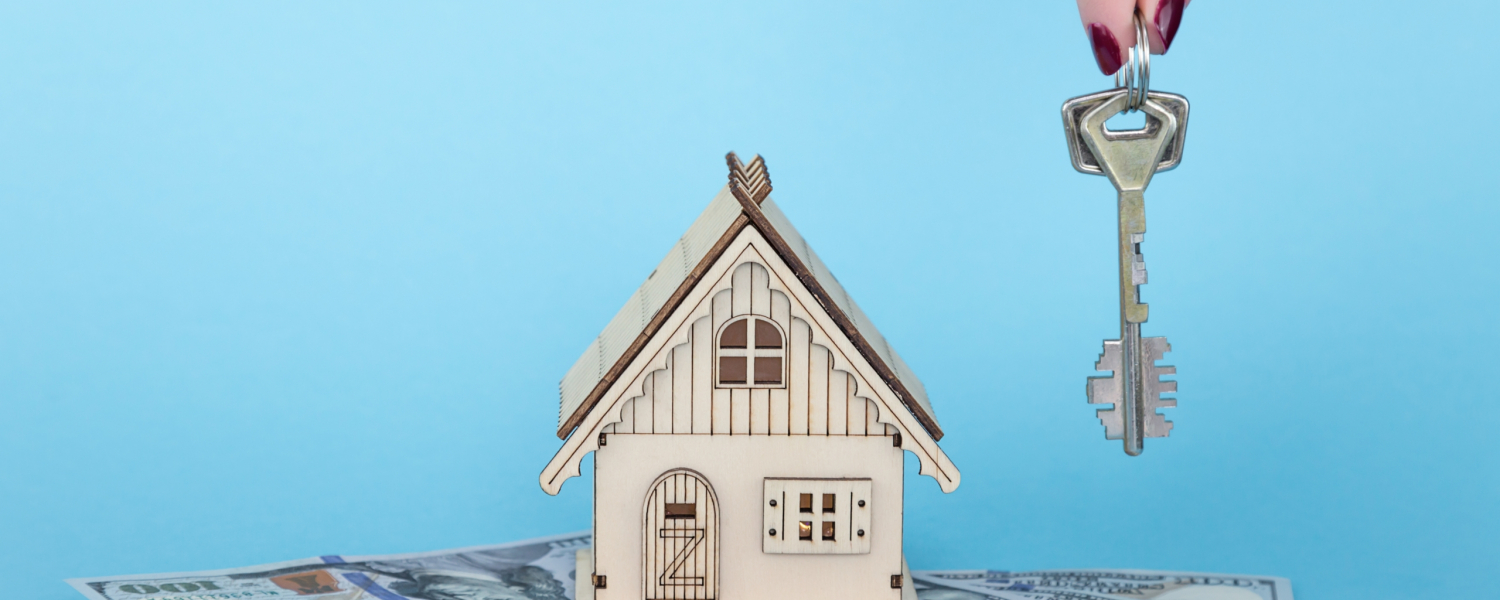
The decision to purchase a pre-construction home is an exciting venture that offers numerous advantages, including the ability to customize your dream home from the ground up.
However, unique first time home buyer tips come with their own set of considerations and steps. Understanding what to expect during the pre-construction home-buying journey is crucial to making informed decisions and ensuring a smooth experience.
10 Interesting Things to Know Before Buying a Pre-Construction Home
Embarking on the journey of home buying is a thrilling venture, promising a bespoke living space tailored to your preferences. Get ready to discover the ins and outs of this exciting venture, ensuring that you make informed decisions and embark on a seamless journey to your dream home.
1. Research and Selection
The first step for the first time home buyers process is deep research. Determinate expert developers with a track record of successful projects. Explore their previous developments, read customer reviews, and assess their commitment to quality construction. Once you have narrowed down your choices, evaluate the amenities, location, and features offered by each development.
2. Understanding Pre-Construction Costs
Pre-construction homes come with a series of house closing costs beyond the purchase price. These may include development charges, levies, and fees for upgrades or customization. It’s essential to have a clear understanding of these costs and how they factor into your overall budget. Consult with the developer and ask for a detailed breakdown of all associated expenses.
3. Builder Reputation and Track Record
Choosing a reputable builder is paramount in the pre-construction home-buying process. Research the builder’s reputation, past projects, construction mortgage loan, and customer satisfaction levels. Look for builders with a strong track record of providing high-quality homes on a given deadline.
Visiting completed projects and talking to current homeowners can provide valuable insights into the builder’s credibility.
4. Legalities and Contracts
Once you have selected a development and a specific unit, you’ll enter the contractual phase. Legal documents such as the Agreement of Purchase, getting mortgage pre approval, and Sale will outline the terms and conditions of the transaction. It’s crucial to have a real estate lawyer review these documents to ensure your interests are protected. Pay attention to timelines, deposit schedules, and any conditions that may allow you to back out of the deal if necessary.
5. Deposits and Payment Structure
Pre-construction homes require a series of deposits at different stages of the development process. These deposits are usually structured to coincide with key milestones, such as the beginning of construction or completion of specific phases. Ensure that you are financially prepared for these deposits and that you understand the payment schedule outlined in the contract.
6. Customization and Upgrades
One of the major perks of buying a pre-construction home is the ability to customize certain aspects of the property. Discuss customization options and available upgrades with the builder. It can include upgrading appliances, selecting finishes, or modifying the layout to better suit your preferences. Be aware that additional customization may come with extra costs, so factor this into your budget.
7. Construction Timelines
Developers typically provide estimated timelines for the completion of various construction phases. However, it’s essential to understand that the construction for home can encounter delays due to various factors such as weather, permitting, or unforeseen issues. Be prepared for the possibility of timeline adjustments and inquire about the developer’s policies for addressing delays.
8. Site Visits and Inspections
Throughout the construction process, developers often organize site visits for buyers to witness the progress firsthand. Take advantage of these opportunities to inspect the construction site, ask questions, and address any concerns. Additionally, schedule a professional home inspection before the final closing to identify any construction deficiencies that need to be rectified.
9. Closing and Occupancy
Developers typically provide estimated timelines for the completion of various construction phases. However, it’s essential to understand that the construction for home can encounter delays due to various factors such as weather, permitting, or unforeseen issues. Be prepared for the possibility of timeline adjustments and inquire about the developer’s policies for addressing delays.
10. Registration and Title Transfer
Upon the completion of the project and municipal registration, the developer will transfer the title of the property to your name. This marks the official conclusion of the pre-construction home-buying process. At this point, you become the legal owner, and your mortgage payments transition to a conventional mortgage.

